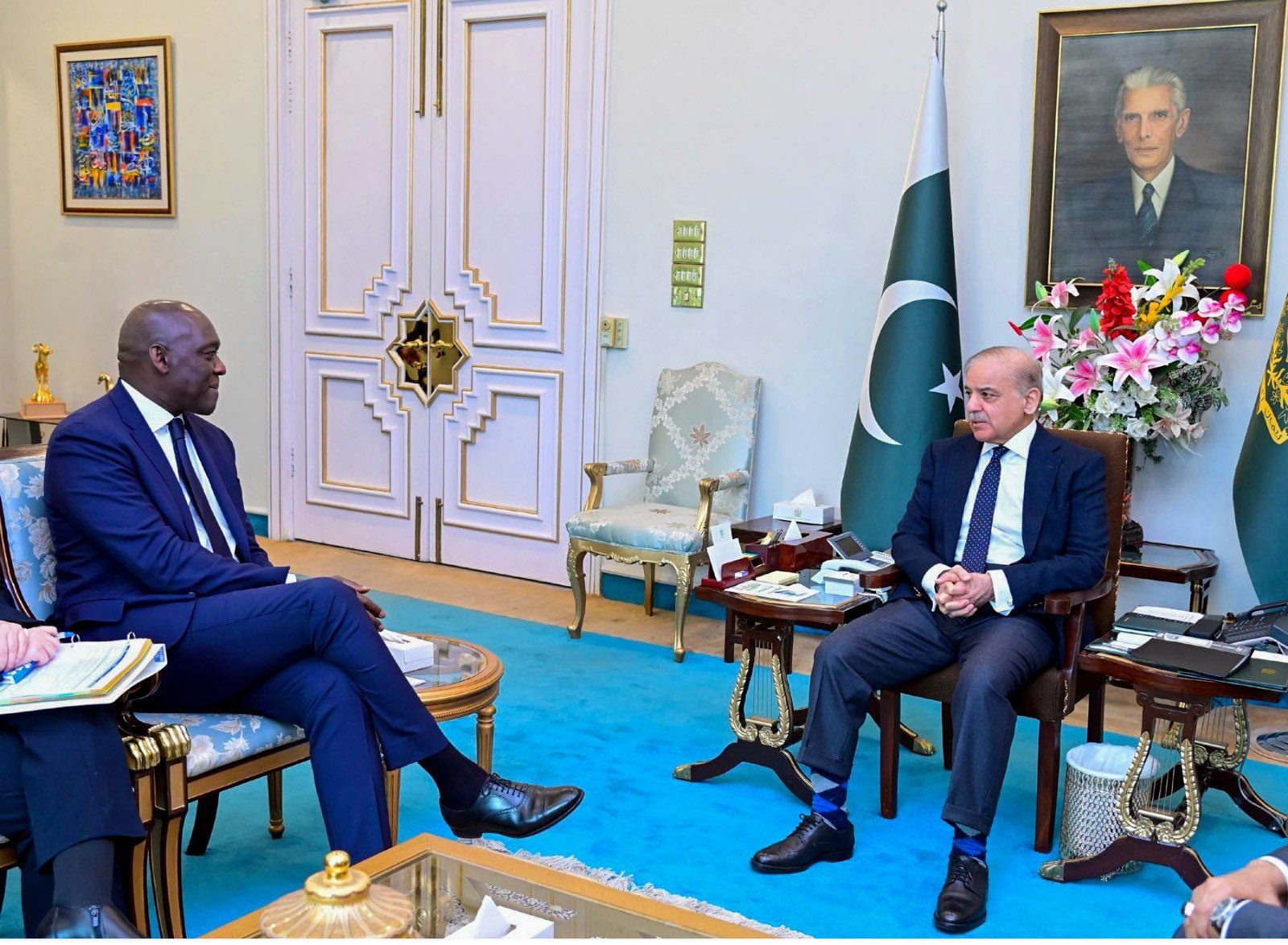Pakistan has notified the International Monetary Fund (IMF) of a potential increase in the average electricity tariff by Rs. 5 to Rs. 7 per unit in July, owing to annual adjustments. Despite multiple price hikes, the country is expected to miss its circular debt reduction target.
During ongoing discussions about “further engagements with the fund,” the IMF rejected the government’s proposal to lower power tariffs for industries by shifting the burden to consumers using up to 200 units monthly through additional fixed charges.
Government sources report that these deliberations spanned several rounds this week to evaluate the power sector’s performance.
Energy ministry officials informed the IMF that, based on petitions from power distribution companies, electricity tariffs might rise by Rs. 5 to Rs. 7 per unit due to annual base tariff adjustments. This could result in an approximately 20% increase based on the current base tariff.
The IMF requested more details about the assumptions behind the proposed annual base tariff increase, expressing skepticism that the increase might be less than the Power Division’s expectations.
Annual base tariffs are raised each year to make the power sector financially viable. Monthly, quarterly, and debt servicing surcharges are added on top of the annual base tariff hike. The current effective electricity price for domestic consumers is Rs. 62 per unit, double the existing base tariff due to various surcharges and taxes.
The expected Rs. 5 to Rs. 7 per unit hike is based on over Rs. 1.2 trillion in annual budget subsidies for the next fiscal year, 2024-25. Changes in subsidy amounts could impact the expected electricity price increase.
The Ministry of Finance has indicated a maximum of Rs. 920 billion in power subsidies for the next fiscal year, but a final decision has not been made. The Ministry of Energy did not respond to a request for comment.
Despite an average electricity price increase of Rs. 7 per unit over the past two years, the circular debt issue persists.
Read more: VIPs can no longer stay at govt rest houses for free
For the current fiscal year, the government and the IMF agreed to keep the circular debt at Rs. 2.310 trillion. However, sources indicate that the Ministry of Energy informed the IMF that the circular debt might exceed this target by Rs. 80 billion to Rs. 100 billion.
This raises serious concerns about the power sector’s efficiency and management, despite efforts to combat electricity theft.
The energy ministry again proposed increasing electricity prices for consumers using up to 200 units by imposing a fixed monthly surcharge. However, the IMF rejected this recommendation, stating it would unfairly burden domestic consumers to ease the load on industrial consumers.
For this fiscal year, direct tariff differential-related electricity subsidies were estimated at Rs. 632 billion, but only Rs. 158 billion are being covered by the budget. The remaining Rs. 474 billion is being borne by residential consumers with higher consumption, as well as commercial and industrial consumers.












